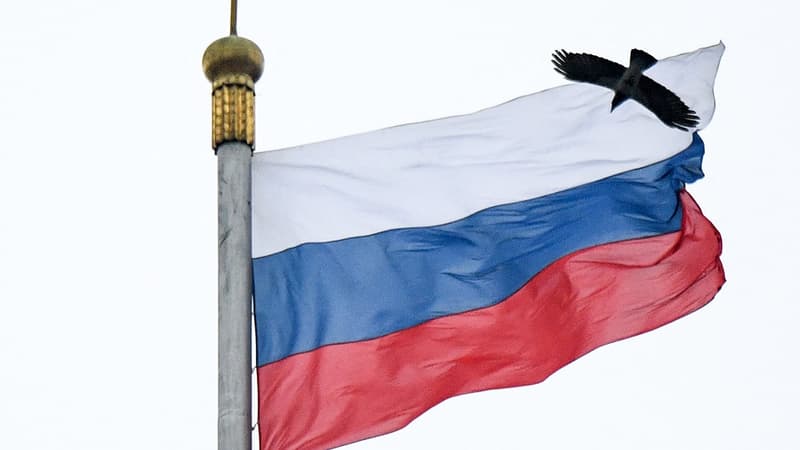Sites that look like ParisianIn figaroIn World or even to 20 minutes except for one detail: the articles published on these sites were not written by French journalists but by pro-Russian individuals.
And the items are not really diversified. They all evoke the same theme: the war in Ukraine, with four major main themes such as the alleged Russophobia of the West or the alleged barbarism of the Ukrainian armed forces. A total of 355 domain names impersonating media were detected by VIGINUM, the surveillance and protection service against digital interference.
“Recent and reliable information”
The government service above all conjures up a name to bundle this large-scale disinformation campaign: RNN, a name chosen from “Reliable Recent News” (for “recent and reliable information”). This name is affiliated with a pro-Russian site, RRN.world, which today broadcasts news continuously through bureaus in Germany, Italy, Spain, and Serbia. According to its information page, the site has published more than 3,000 articles since March 2022 and in seven different languages, including French.
The operation revealed by the government is more precisely “the second phase of an already known campaign, but with more sophisticated modes of action aimed at evading countermeasures and being less visible,” a security source involved in the case told AFP.
This is the Doppelgänger operation (in some European folklore, a Doppelgänger is the evil double of a person), already documented in 2022 in particular by the European organization EU DisinfoLab and the American giant Meta.
Operation “secret influence”
Facebook’s parent company had announced that it had dismantled a Russian “covert influence” operation on its platform to broaden the visibility of these pirated site articles, so its backers, two information technology and marketing consulting firms , they had spent $105,000. “Meta hoped that his report would put an end to operations, it did not,” explains the security source.
After social networks, it is the media that are now in the crosshairs of pro-Russian entities. Beyond France, other important European media have also been the target of their certified copies of its interface, such as the British The Guardian or german Die Welt.
Source: BFM TV


